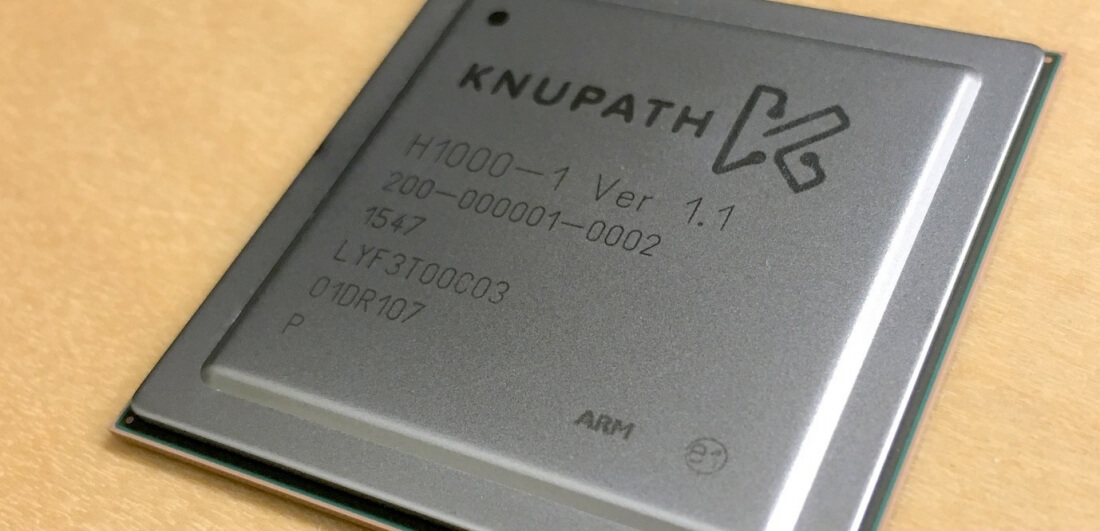
Daniel Golding, the former National Aeronautics and Space Administration (NASA) director, has just officially unveiled his new company, KnuEdge, which has been in stealth for the last ten years and already raised $100 million in funding.
KnuEdge, which was formerly called Intellisis, has spent the last decade working on two products that focus on neural computing: KnuVerse, a military-grade speech recognition and authentication engine, and KnuPath, a processor designed to run machine learning algorithms.
The company says that KnuVerse was produced in “mission-critical battlefield conditions.” It can recognize and authenticate the voice of an individual even in the noisiest of environments. Away from military applications, KnuEdge says the technology can be used in consumer products where background interference causes problems with speech recognition, and its ability to confirm a person’s identity after just a few words will no doubt be of interest to many large companies.
"Think of it as a version of Google Now on steroids that has been proven by the U.S. government and military," said Jim McGregor, principal analyst at Tirias Research.
The company’s other product, the KnuPath processor, came about after it discovered that traditional CPUs and GPUs weren’t up to the job when it came to creating the KnuVerse speech recognition technology. To get past these performance issues, a new team was assigned with creating an application-specific integrated circuit (ASIC).
The low-wattage chip features 256 cores and 16 bidirectional I/O paths that provide 320 Gbps of throughput. KnuEdge says the processor can scale to over half a million devices, and offers inter-rack latency of around 400 milliseconds.
KnuEdge plans to make its APIs available worldwide as freemium service, with the KnuPath chips set for mainstream release in the second half of the year. In addition to the $100 million in funding, the company has also generated $20 million in revenue – not too much of a surprise, considering the number of organizations that are investing in AI and machine learning technology.
https://www.techspot.com/news/65125-ex-nasa-chief-neural-computing-startup-reveals-256.html